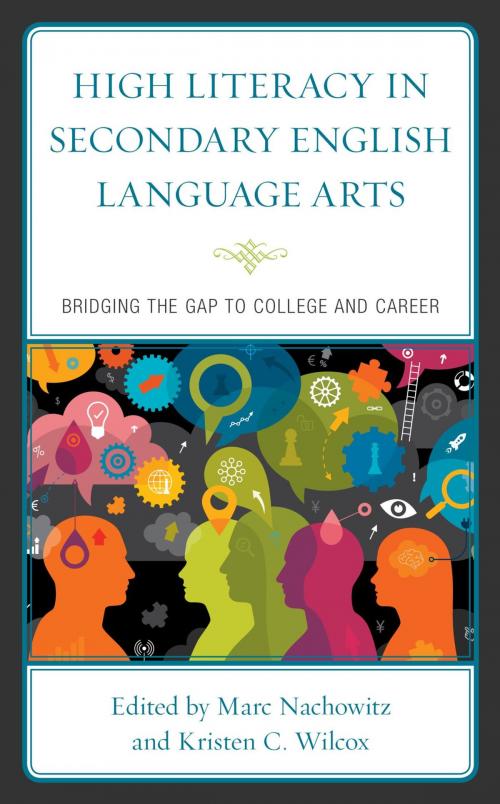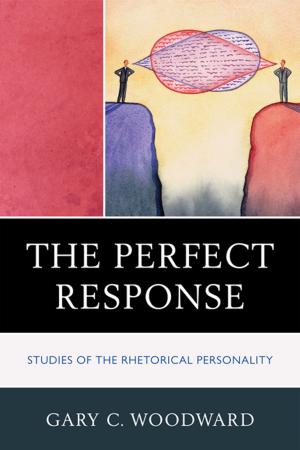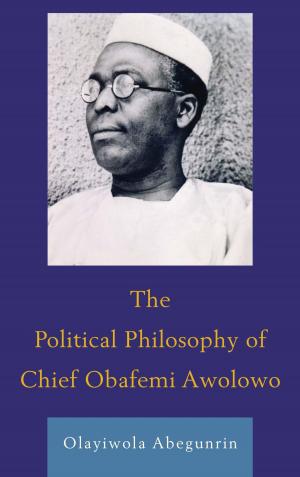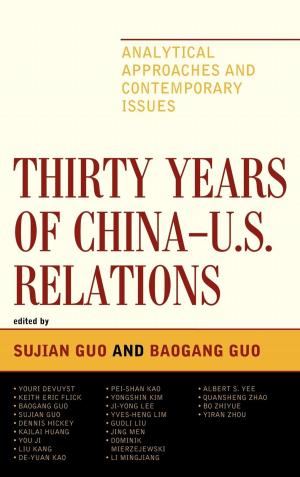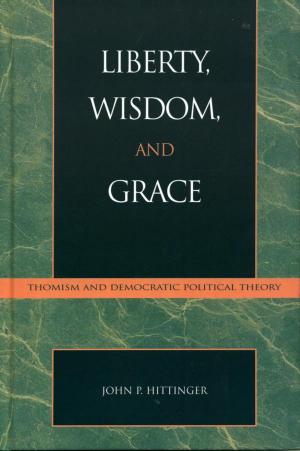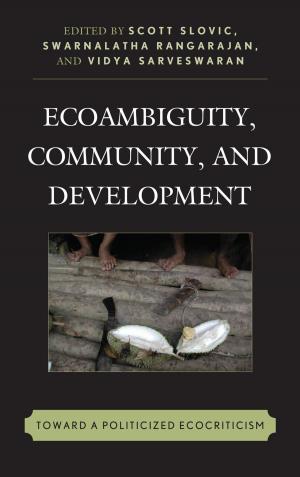High Literacy in Secondary English Language Arts
Bridging the Gap to College and Career
Nonfiction, Reference & Language, Education & Teaching, Counseling & Guidance, Higher Education, Teaching, Teaching Methods| Author: | Janet Ives Angelis, Huy Q. Chung, Laura Dacus, Lauren Godfrey, Susan R. Goldman, Allison H. Hall, Rhonda Hylton, Jill V. Jeffery, Min-Young Kim, Julie E. Learned, Carol D. Lee, Sarah Levine, Ryan McCarty, Kelly Millett, Mary Jo Morgan, George E. Newell, Carol Booth Olson, Tim Pappageorge, Kristine E. Pytash, Claudia Rueda-Alvarez, Rachel Stumpf, Elizabeth Testa, Theresa Thanos, Fang Yu | ISBN: | 9781498570763 |
| Publisher: | Lexington Books | Publication: | November 7, 2018 |
| Imprint: | Lexington Books | Language: | English |
| Author: | Janet Ives Angelis, Huy Q. Chung, Laura Dacus, Lauren Godfrey, Susan R. Goldman, Allison H. Hall, Rhonda Hylton, Jill V. Jeffery, Min-Young Kim, Julie E. Learned, Carol D. Lee, Sarah Levine, Ryan McCarty, Kelly Millett, Mary Jo Morgan, George E. Newell, Carol Booth Olson, Tim Pappageorge, Kristine E. Pytash, Claudia Rueda-Alvarez, Rachel Stumpf, Elizabeth Testa, Theresa Thanos, Fang Yu |
| ISBN: | 9781498570763 |
| Publisher: | Lexington Books |
| Publication: | November 7, 2018 |
| Imprint: | Lexington Books |
| Language: | English |
This volume culls scholarship on both what high literacy is and how it is developed. It embraces the call put forth by Langer and Applebee (2016) that high literacy must continue to be our aim and to see more research analyzing and identifying how teachers might promote literacy practices that promote deep thinking around important content. The editors offer a conceptual framework for high literacy that explicates how each component (i.e. reading, writing, dialogic engagement, and epistemic cognition in literary reasoning) relates to the others and from what scholarly literature these concepts have been derived. Individual chapter authors provide in-depth examinations of the existing research base on particular related topics, focusing on the two important cross-cutting aims of the volume: (1) explicating the roles reading, writing, dialogic engagement, and epistemic cognition hold in high literacy development, and (2) providing examples of practices recommended to develop high literacy.
This volume culls scholarship on both what high literacy is and how it is developed. It embraces the call put forth by Langer and Applebee (2016) that high literacy must continue to be our aim and to see more research analyzing and identifying how teachers might promote literacy practices that promote deep thinking around important content. The editors offer a conceptual framework for high literacy that explicates how each component (i.e. reading, writing, dialogic engagement, and epistemic cognition in literary reasoning) relates to the others and from what scholarly literature these concepts have been derived. Individual chapter authors provide in-depth examinations of the existing research base on particular related topics, focusing on the two important cross-cutting aims of the volume: (1) explicating the roles reading, writing, dialogic engagement, and epistemic cognition hold in high literacy development, and (2) providing examples of practices recommended to develop high literacy.
